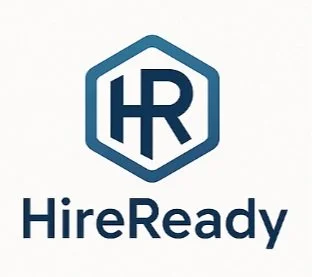Why ATS Optimization Matters (And How We Do It Right)
You can be the perfect candidate — but if your resume isn’t ATS-optimized, recruiters may never even see it.
Most companies use an Applicant Tracking System (ATS) to filter resumes before a human gets involved. The ATS scans, scores, and ranks resumes based on things like formatting, keywords, and file structure.
If your resume uses the wrong layout, lacks job-specific language, or includes design elements that confuse the scanner, it could be automatically rejected — even if you’re highly qualified.
At HireReady, we know how to beat the bots — without sacrificing the human touch.
We’ve tested our formatting across 15+ ATS systems to ensure compliance. Here’s exactly what we do:
✅ Clear section headings — like Experience, Education, and Skills — so scanners don’t get confused
✅ Embedded industry keywords — pulled directly from job listings in your field
✅ No icons, tables, or graphics — which can cause parsing errors
✅ Consistent formatting — dates, bullet points, fonts, and spacing are all ATS-friendly
✅ Human-reviewed phrasing — that not only passes the scan, but feels authentic and compelling to hiring managers
💡 The result? A resume that gets through the system — and still sounds like you.
🚀 Want to beat the ATS and land more interviews?
👉 Get Started ←
